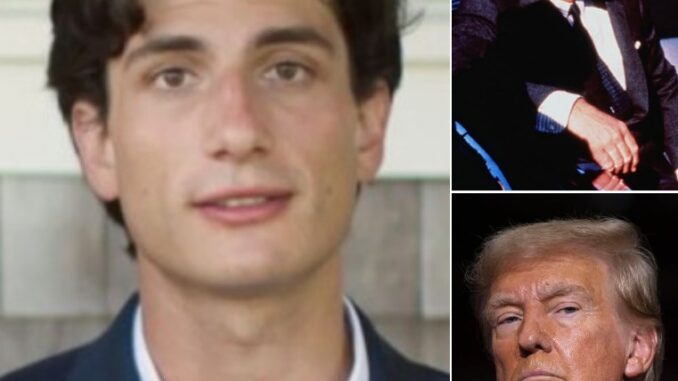
President Donald Trump has reignited a longstanding debate over the release of classified documents tied to two of the most significant events in American history: the 1963 assassination of President John F. Kennedy and the 1968 assassination of Rev. Martin Luther King Jr. Through an executive order, Trump called for the declassification of all remaining files, arguing that transparency is essential to honor both the American public and the families of those involved.
“More than 50 years after the assassinations of President John F. Kennedy, Senator Robert F. Kennedy, and the Rev. Dr. Martin Luther King Jr., the federal government has yet to release all of its records related to these events,” the order read. “Their families and the American people deserve transparency and truth. It is in the national interest to release all records without delay.”
Trump, doubling down on his commitment to full disclosure, proclaimed, “Everything will be revealed,” framing the move as an overdue step toward accountability. Yet, his decision has drawn sharp criticism, notably from Jack Schlossberg, JFK’s grandson, who accused Trump of using the issue for political gain.
A History of Speculation and Conspiracy
The Kennedy assassination has been a hotbed of speculation and conspiracy theories for decades. The Warren Commission’s 1964 conclusion that Lee Harvey Oswald acted alone has been met with widespread skepticism, fueled by the government’s withholding of thousands of pages of documents. Similarly, MLK’s assassination has spurred doubts about whether the full truth has ever been revealed. Previous document releases have only added to the intrigue, leaving many questions unanswered.
Advocates for declassification argue that withholding these files deepens public mistrust and fuels speculation about a potential cover-up. Trump’s executive order aligns with the demands of transparency activists and conspiracy theorists alike, both eager to uncover what secrets, if any, the files might hold.
Schlossberg’s Pushback
Jack Schlossberg, the grandson of JFK and son of Caroline Kennedy, has been one of the most vocal opponents of Trump’s initiative. Taking to social media, Schlossberg criticized the move as exploitative and disrespectful to his grandfather’s memory.
“JFK conspiracy theories—the truth is a lot sadder than the myth—a tragedy that didn’t need to happen. Not part of an inevitable grand scheme,” Schlossberg wrote on X (formerly Twitter). “Declassification is using JFK as a political prop when he’s not here to punch back. There’s nothing heroic about it.”
Leave a Reply